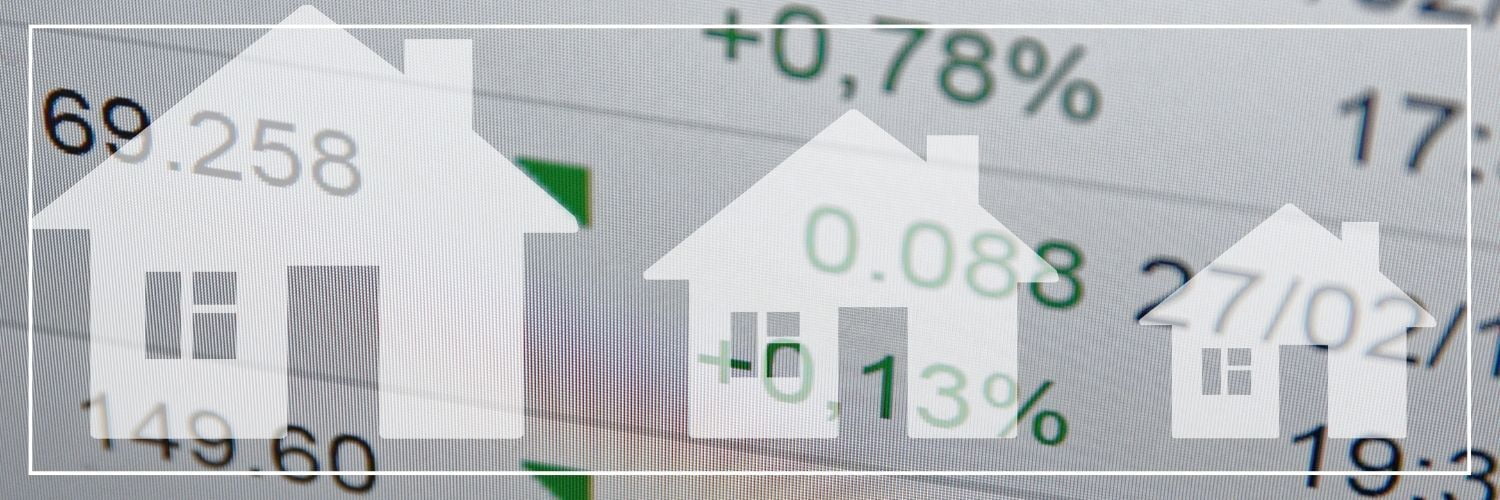Ontario Housing Market Update

During the coronavirus outbreak, the Canadian housing market experienced hysteria. Last year saw a turnaround in most of the industry as a result of interest rate hikes by the Bank of Canada, which caused the residential real estate sector in cities to cool.
According to the Canadian Real Estate Association's (CREA) most current data, national home sales increased modestly in October 2022. From the peak in February to November, home prices in Canada declined 19%, beginning with the Bank of Canada's first rate hike in March. While sales declined in almost 60% of all local markets from August to September, the national average was lowered by declines in Greater Vancouver, Calgary, the Greater Toronto Area (GTA), and Montreal. The MLS Home Price Index (HPI) fell 1.6% month over month in December, marking the ninth consecutive month of losses
Where will the lowest threshold be?
According to the report written by Assistant Chief Economist Robert Hogue, housing prices will take some time to stabilize. Canada's MLS Home Price Index will continue to fall until spring at the earliest, as buyer affordability remains a major concern.
Hogue stated that, with the slowing speed of the drop in both home sales and prices, there are early signals the correction is entering its terminal stage. He predicted that costs would eventually fall to the early part of 2023, but noted that the timing would vary by market.
Hogue believes that 2022 has been a year of extremes, owing to the Bank of Canada's aggressive hike campaign, which was the primary driver of the market's reversal of fortune. The high-interest rate environment produced a massive correction, resulting in a 25% drop in home sales in 2022, reversing outsized increases observed in 2020 and 2021. Meanwhile, benchmark prices fell 13% from their February peak, the steepest drop on the national MLS HPI record. The experience was similar in most provincial markets. Particularly hard hits were British Columbia and Ontario, where activity fell 35% and 32%, respectively. Although Alberta was an exception, showing strong market activity during the national slump, activity in the region fell 1.8%.
By the end of 2022, the bulk of local markets, including Toronto and the rest of southern Ontario, and Vancouver and the rest of the Lower Mainland BC, had begun to stabilize. Just a few markets in the Prairies and Quebec had shown indications of stabilization. However, as Hogue points out, property values have been under tremendous downward pressure across Canada. In Ontario, the index is down more than 20%. The index is down 14% in Toronto and 8% in Vancouver. Calgary and St. Johns are two of the few markets that have bucked the downward price trend.
Where will the lowest threshold be?
Hogue believes that prices are likely to depreciate further in the near term. Another likely rate hike from the Bank of Canada could make things even more difficult for some. Still, he thinks the pace of price decreases will continue to relax gradually thanks to stable demand-supply conditions. According to TD Economics, the Canadian housing market will not recover until 2024. Their current expectation is that Canadian average home prices will recover around half of the gains seen during the pandemic, however, how supply develops is a significant risk to this forecast.
According to Shaun Cathcart, CREA's senior economist, 2023 appears to be a turnaround year rather than a recovery year. He also feels that in order to return to a regular market with a high number of first-time homebuyers, interest rates must be reduced.
An increase in immigration will raise the housing demand
An increase in immigration will raise the housing demand
Robert Hogue concludes that, with the cyclical low in sight, the market's attention will soon shift to the next chapter. He anticipates that the approaching recovery will be quite quiet at first. Higher loan rates and stretched affordability will be major challenges for homebuyers through 2023 and possibly beyond. He thinks a strong population increase will eventually heat up the situation.



